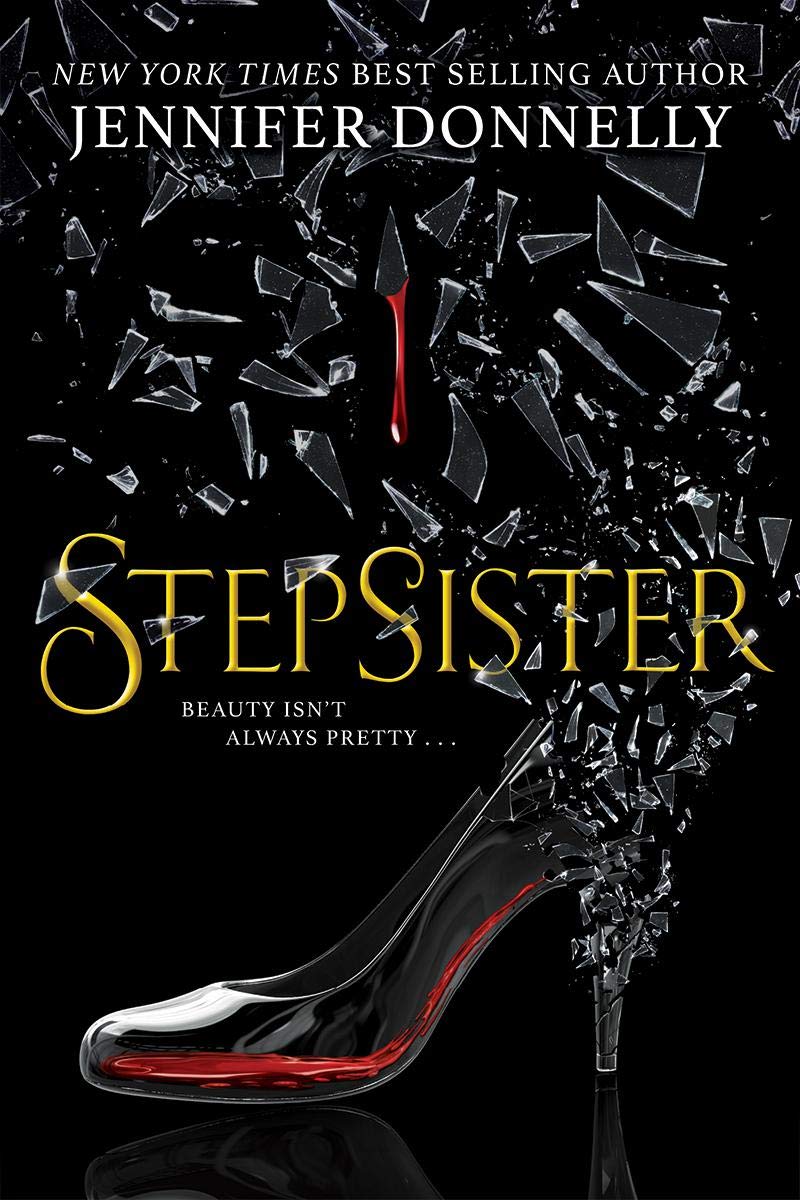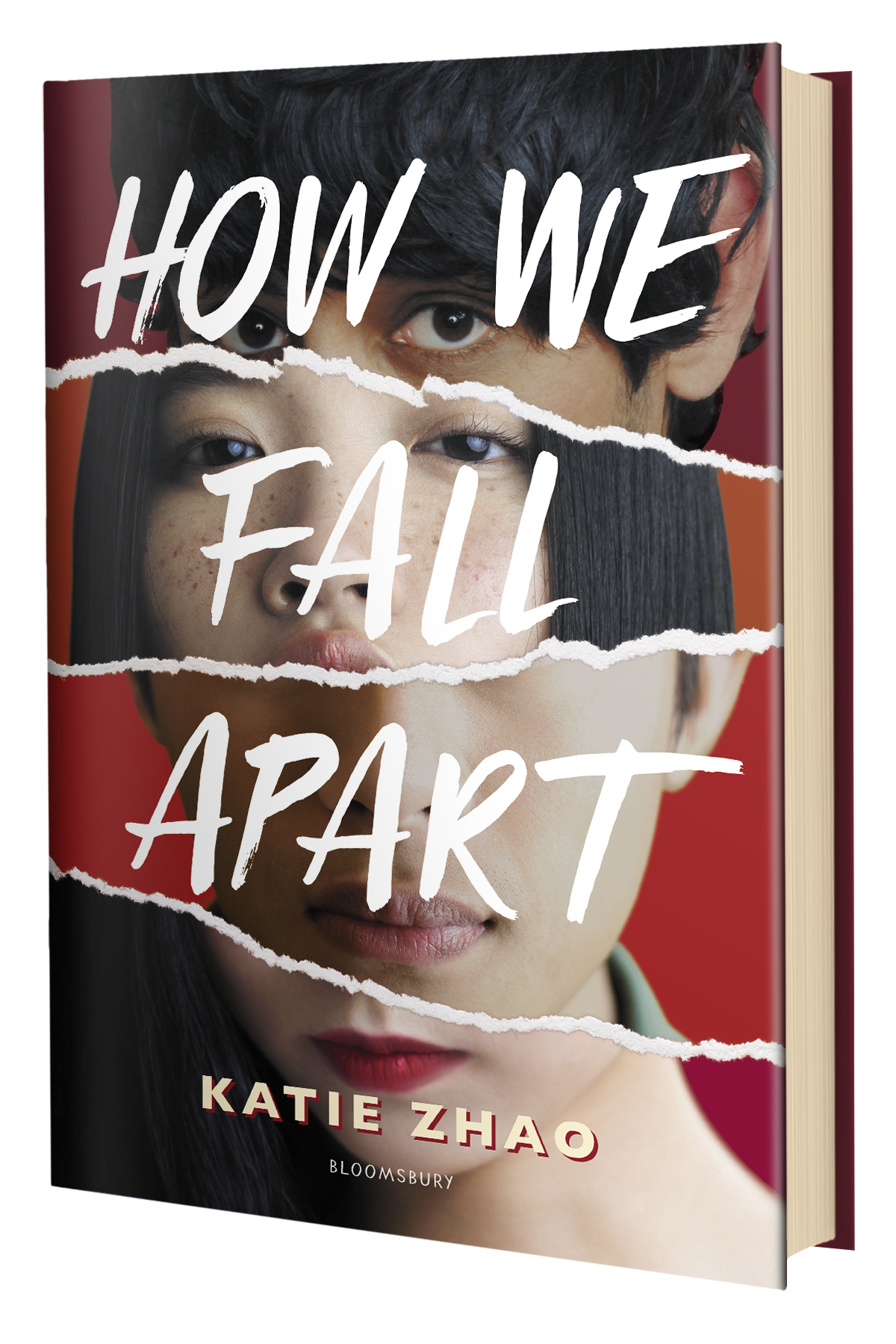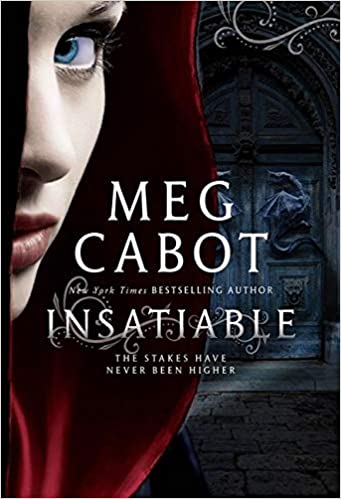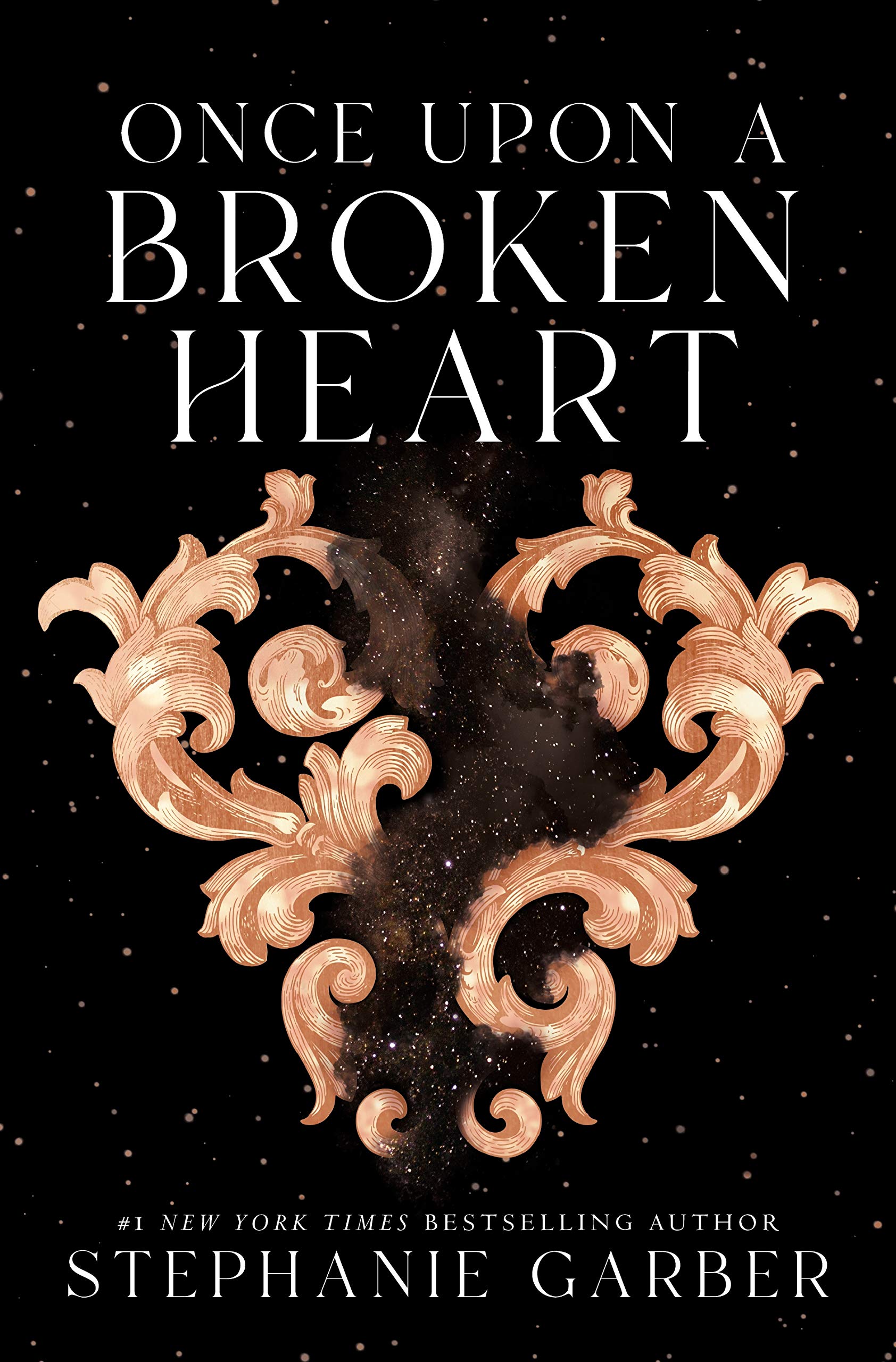Recommended Age: 14+
Genres: Fantasy, Adventure
Tags: Fairy tale, Family, Sisters, Magic, Mythology, Royalty, War
Mature Content:
- Moderate violence: descriptions of maiming and physical attacks.
- Mild sexuality: brief kissing scenes.
- Mild language: some swearing and crude language.
As a child, Isabelle was happiest dreaming of adventures. But growing up in a world that only values pretty smiles has made the temperamental stepsister bitter at everything she has had to give up just to fit into a society she has no interest in. Though she regrets her cruelty to Ella, Isabelle has trouble believing in redemption. But everything changes when Chance makes a bet with the Fates for Isabelle’s destiny. Suddenly, she has opportunities in her path that force her to choose once and for all what kind of person she wants to be. It takes some digging into her past to uncover her truest heart’s desire, and facing both past heartbreaks and current dangers in order for Isabelle to prove that even ugly stepsisters can be heroes.
Review:
Fairy tale retellings can be so amazingly poignant, and this is one of the strongest examples of how a magical work of fiction can relate to current problems. The characters in this book have this perception forced upon them that good girls are quiet and sweet and demure, only existing for ornamentation, boosting egos, and providing children. This prevents Isabelle from feeling accepted as an adventurer and strategist, and Tavi from exploring her career as a scientist. But it also prevents Ella from believing anyone will see beyond her beauty and actually care about her personality, and even puts a damper on their friend’s relationship when he struggles to see the love of his life as an equal because he’s always been taught otherwise.
The story weaves back and forth from the three Fates and Chance struggling for power over the humans (with Chance believing humans can be good and prevail, and the Fates believing humans get what’s coming to them) and the classic story of Cinderella and her Ugly Stepsisters.
We start Isabelle’s story with her desperately slicing off her own toes to fit into the glass slipper, not because she wants to marry the prince, but because she’s been beaten down over the years by her mother’s cold ambition. Isabelle used to dream of being a pirate and warrior, defeating evil and having adventures. But the stark contrast between her leaf-filled hair and smudged face and Ella’s constant angelic goodness makes her realize that the world doesn’t want smart, adventurous, ambitious girls.
The world can forgive a pretty girl for murder, but can’t forgive an ugly girl for not being pretty.
Isabelle and her sister Tavi learn this the hard way as they deal with the fallout of the village discovering their mistreatment of Ella. Isabelle is determined to turn her fate around and become a good person, but her attempts at charity end in disaster and her temper overcomes her need to change. Isabelle’s process of growth is shown in such a relatable way. It’s easy to think we need to be nicer and smile at old people and help orphans, but it’s harder to genuinely change your heart.
Isabelle and Tavi have to learn to embrace who they are, even if their true selves are not pretty and agreeable and delicate. They want to lead armies and make scientific discoveries, and they should have those opportunities. The blatant sexism is shown very directly, sometimes through humor from good-natured but delusional characters, and sometimes through violence from enemies. But the overall message is clear: love who you are, even if no one else does.
If you would like to purchase this book, we would appreciate it if you use our referral link or any of the other links on the page. Thank you for supporting FableFinder!




